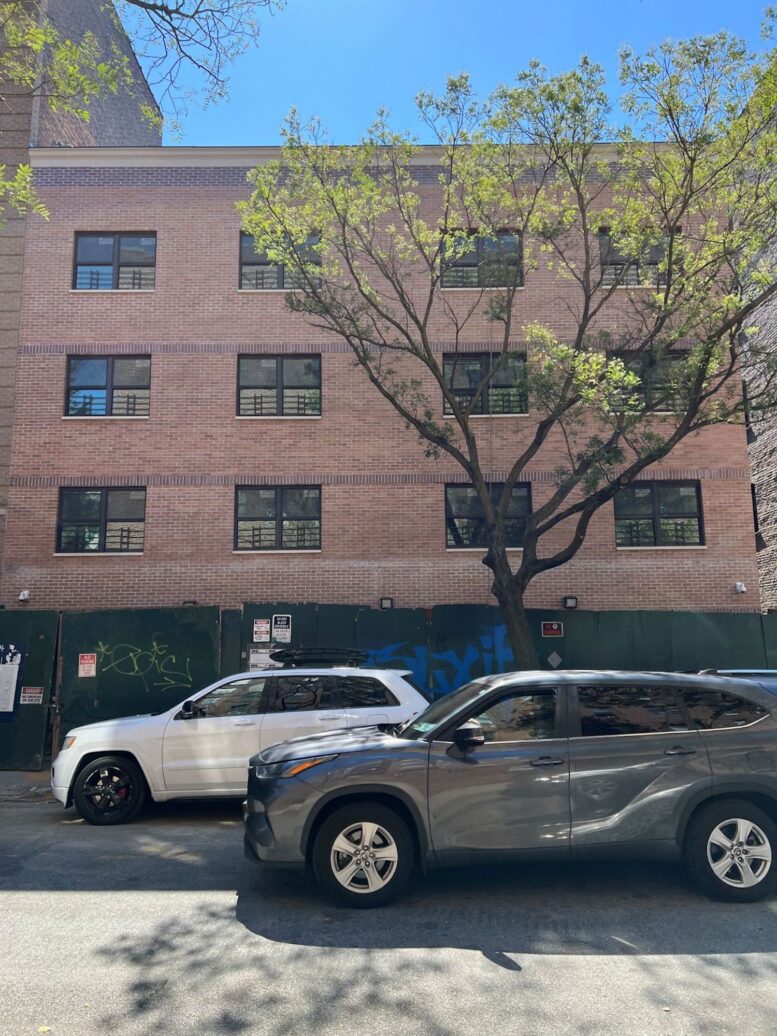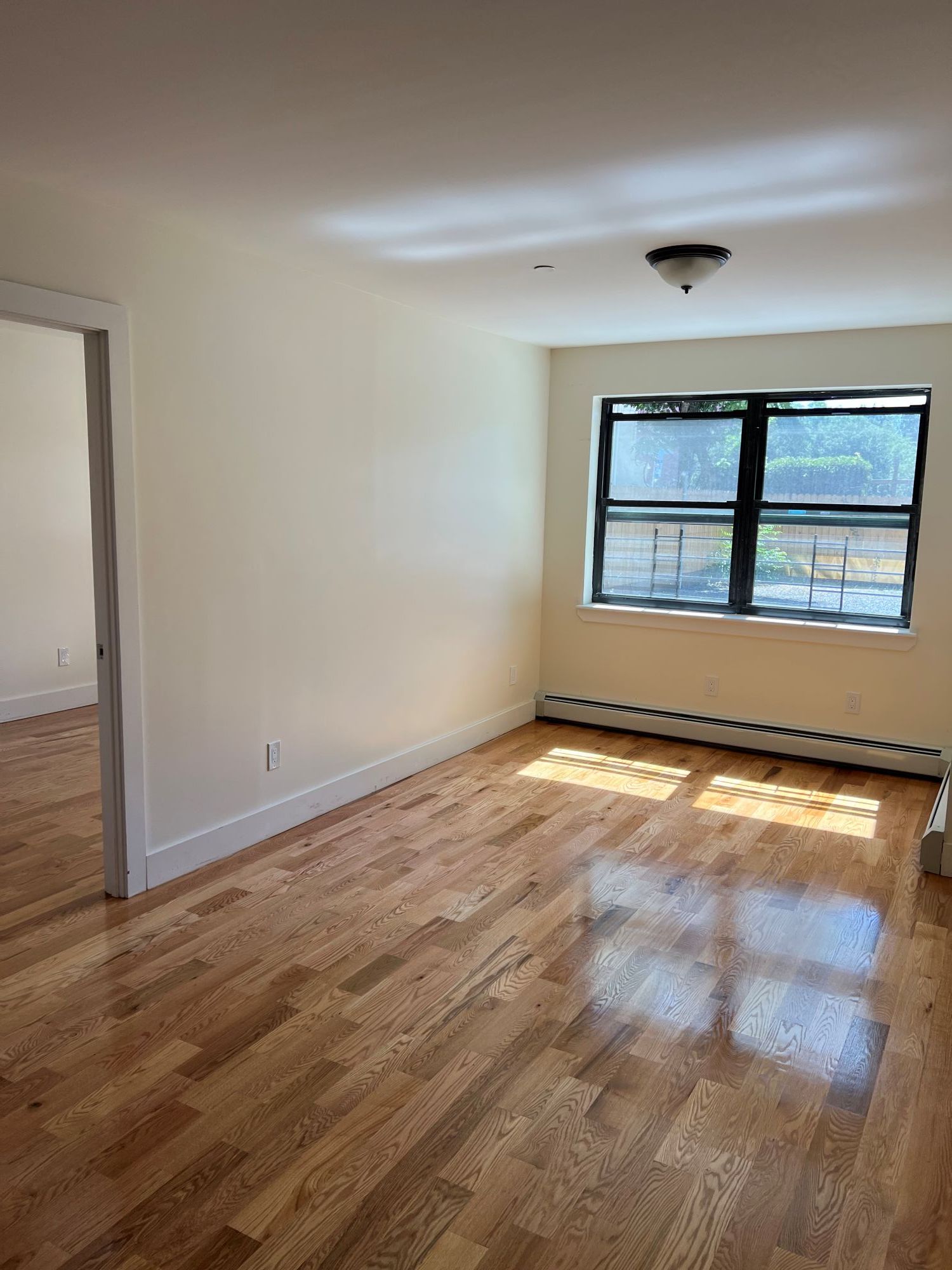Operation Pacific Viper is stopping drugs before they reach American shores
Today, the Department of Homeland Security recognizes the United States Coast Guard (USCG) for seizing more than 100,000 pounds of cocaine in the Eastern Pacific Ocean since launching Operation Pacific Viper in early August.
Operation Pacific Viper is a surge in forces to the Eastern Pacific to stop the cartels and criminal organizations – cutting off drugs and human smuggling before it reaches American shores.
The operation has averaged about 1,600 lbs. of cocaine interdicted daily since it started. Its new milestone total is the result of 34 total interdictions since August.
“Operation Pacific Viper has proven to be a crucial weapon in the fight against foreign drug traffickers and cartels in Latin America and has sent a clear message that we will disrupt, dismantle, and destroy their deadly business exploits wherever we find it,” U.S. Department of Homeland Security Secretary Kristi Noem said. “In cutting off the flow of these deadly drugs, the Coast Guard is saving countless American lives and delivering on President Trump's promise to Make America Safe Again and reestablish our maritime dominance.”
“The Coast Guard’s seizure of over 100,000 pounds of cocaine, in such a short timeframe, is a remarkable achievement,” said Rear Adm. Jeffrey Novak, deputy commander of U.S. Coast Guard Pacific Area. “When we say the Coast Guard is accelerating counter-narcotics operations, we mean it. Alongside our partners and allies, our maritime fighting force is scouring drug smuggling routes in the Eastern Pacific and dismantling narco-terrorist networks. We are complementing the Coast Guard’s unique law enforcement authorities with cutting-edge capabilities to stop the flow of deadly drugs that threaten U.S. communities. As we mark our interdiction of 100,000 pounds, we are already working towards the next milestone."
In August, Operation Pacific Viper yielded the Coast Guard’s largest-ever drug offload in its history. The U.S. Coast Guard Cutter (USCGC) Hamilton offloaded over 76,000 pounds of illegal drugs, valued at $473 million, at Port Everglades, which included approximately 61,740 pounds of cocaine and approximately 14,400 pounds of marijuana.
Earlier this week, Secretary Noem announced an innovative solution to allow USCG personnel to get paid despite the government shutdown. Thanks to President Trump and Secretary Noem's leadership and the One Big Beautiful Bill, the brave men and women of the USCG continuing to carry out these critical operations will not miss a paycheck.
Operation Pacific Viper is an ongoing operation, and, under the leadership of Secretary Noem, the men and women of the Coast Guard will continue deploying overwhelming force to secure the Homeland from drug traffickers and transnational criminal organizations.







